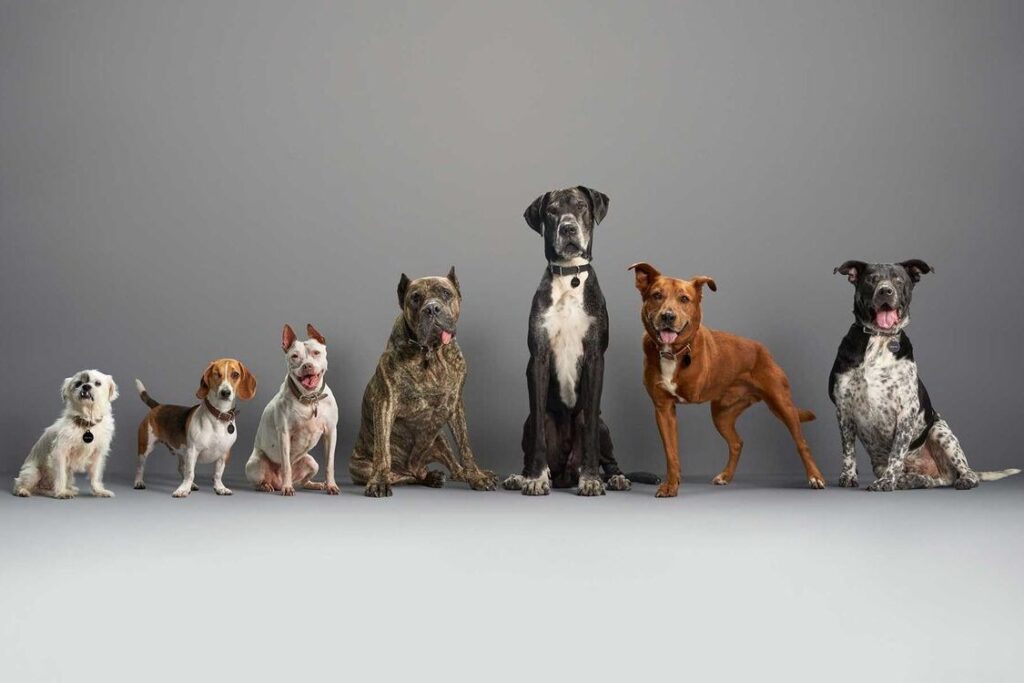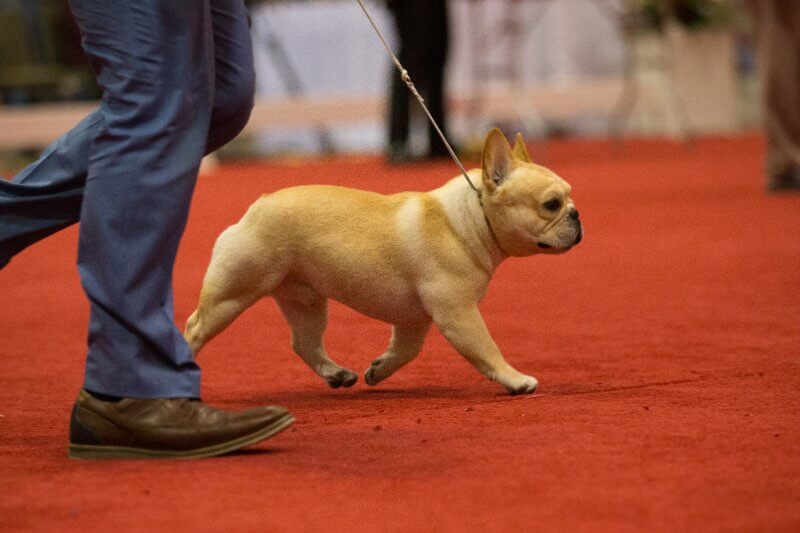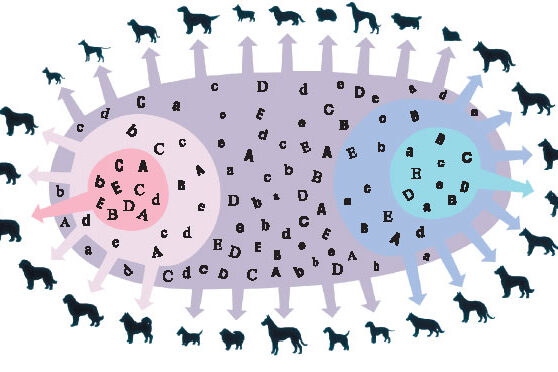1. What the lawsuit says, in plain English

To start, here is what the buzz is all about. PETA has filed a lawsuit against the American Kennel Club, saying that the breed standards in dog shows often favor looks that may harm dogs. They argue that traits like short muzzles, extra skin folds, or long backs can lead to painful breathing, skin, or spinal issues. By writing these traits into the rules, the AKC is accused of encouraging breeders and judges to prioritize appearance over health. It is less about stopping breeds and more about stopping standards that may cause harm.
2. What PETA is asking a court to do

PETA is not trying to remove any specific breeds from shows or homes. Instead, they are asking the court to order reforms to the language in the standards. The idea is simple: when the written guidelines reward healthier traits like open nostrils, clear eyes, and strong movement, breeders and judges will follow. That change could eventually shift the types of dogs bred and shown, and even the dogs families adopt. For PETA, this is about redirecting attention away from exaggerated features and moving toward descriptions that highlight function, comfort, and overall well-being.
3. AKC’s general stance

The American Kennel Club often responds by saying its standards are carefully crafted with veterinary input. They argue the goal is to preserve each breed’s unique identity while protecting health through responsible practices. In their view, health testing and appropriate care are what safeguard dogs, not rewriting long-held guidelines. The AKC points out that most breeders care deeply and that the club invests heavily in canine health research. They believe advocacy groups may oversimplify issues that are layered and complex. For the AKC, the balance is between honoring tradition and advancing scientific knowledge for dogs.
4. Why this matters beyond the show ring

At first glance, dog shows may seem far removed from everyday pet life. Yet the traits rewarded in competitions often become popular in homes. When judges favor flat faces or unusual toplines, breeders replicate them, and buyers seek them. This cycle can quietly shape entire populations of dogs over decades. Small changes to the wording of standards could mean healthier nostrils, stronger backs, and clearer eyes in the long run. That is why this lawsuit matters: it touches not only trophies and ribbons but also the long-term health of countless pets in families everywhere.
5. Breeds and health themes under scrutiny

Certain breeds keep coming up in this conversation. French bulldogs, pugs, and bulldogs are often mentioned for breathing challenges linked to short muzzles. Shar-peis face skin and eye troubles tied to deep folds. Dachshunds have higher chances of spinal issues due to their long backs. Advocates stress that not every dog suffers, but population-wide risks are shaped by the standards themselves. When the blueprint leans toward extremes, entire generations are tilted toward avoidable health struggles. This is the central argument: the words in the rulebook influence not just appearances, but the quality of dogs’ lives.
6. What a standards reform could look like

If the court agreed to reforms, the standards would not erase any breed. Instead, they would highlight balance over exaggeration. Judges might be asked to reward open nostrils, free breathing, clear movement, and less excessive skin. Breeders could then adapt their programs to match what is rewarded. Education for breeder clubs and judges would reinforce this shift so that show results match health-first descriptions. The point is not to strip away a breed’s charm but to refine it. Reform could mean celebrating the same dogs we love today but in healthier, happier versions.
7. Global backdrop you should know

This lawsuit does not stand alone. Around the world, other countries have raised concerns about breeding for extreme features. Some have debated limits on flat-faced dogs, while veterinary organizations encourage broader gene pools and health testing. Standards in parts of Europe have already been rewritten to focus more on function than aesthetics. The United States is now stepping into this wider discussion with PETA’s case. The global theme is clear: people everywhere are asking whether a dog’s beauty should ever come at the expense of its comfort. Health and heritage can evolve together.
8. Procedural reality check

Legal cases rarely move quickly, and this one will not be different. Courts will first decide if PETA has the right to bring the case and then examine what remedies they can realistically order. That means changes will not appear at the next dog show. Still, lawsuits like this often spark immediate conversation. Even before rulings, breed clubs may adjust standards or issue new judge guidance to show their willingness to listen. Sometimes the act of filing a case can trigger reforms in practice, proving that attention itself can bring meaningful momentum.
9. What this is not

It is important to clarify what this lawsuit does not mean. It is not declaring certain breeds cruel or unfit for families. It is not suggesting owners give up their dogs. Instead, it challenges the written standards that guide how future dogs are bred. Pet owners still have choices today. They can meet breeders in person, ask about health testing, and focus on temperament and functionality. Insurance, preventive care, and careful selection can all help. The message is simple: while courts debate standards, families can already choose balance and health for their pets.
Why you should care
Dogs don’t read standards but people who shape dogs do. The debate decides which traits are celebrated, which are sidelined, and whose science anchors the next generation of pets. Whether you agree with PETA’s legal strategy or the AKC’s defense, the outcome will influence what wins in the ring and what sleeps at our feet at home.
This story PETA’s Lawsuit Against the AKC Explained in 9 Simple Points was first published on Daily FETCH


